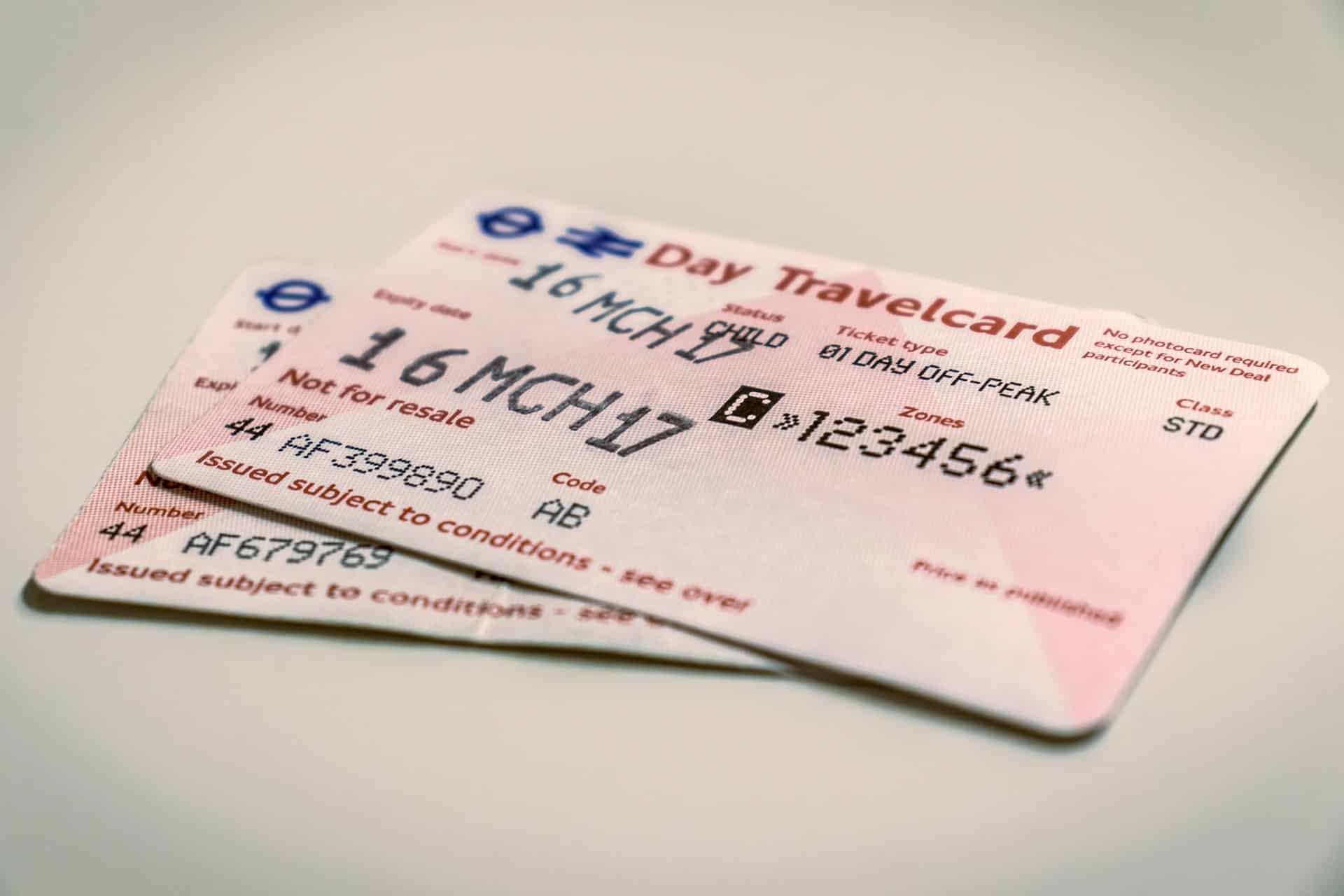In a digital age where travel booking is primarily facilitated online, the importance of having a user-friendly, optimized website cannot be overstated. Travel companies need to ensure that their websites offer the best user experience (UX) possible to retain their current customers and attract new ones. This article explores the most effective methods for optimizing the UX of travel booking websites based in the UK.
Understanding the Users
Before we delve into the strategies for optimizing the UX, it’s crucial to understand who the users are and what they’re looking for. The user experience begins the moment a potential customer lands on a travel booking website. What they see, how they interact with the site, and the overall impression they get all contribute to the user experience and, ultimately, their decision to book a trip or not.
Also to read : How to use data analytics to enhance customer satisfaction in UK's online retail sector?
To understand the users, you should conduct user testing and research to gather insights into their preferences, behaviors, and pain points. This data will guide the design and optimization process, ensuring the site meets users’ needs and expectations.
Google Analytics can be a useful tool for gathering user data, allowing you to see how users interact with your site, which pages they visit most frequently, and where they may be dropping off. Another valuable resource is user feedback – comments, reviews, and suggestions from users can offer deep insights into their experience with your site.
Additional reading : What are the best practices for using machine learning to enhance customer segmentation in UK's retail sector?
SEO Optimization
Once you have a better understanding of your users, the next step is to ensure your travel booking website is easily discoverable on search engines. This is where SEO (Search Engine Optimization) comes in. SEO is the process of improving a website’s visibility on search engines like Google, which in turn increases site traffic.
To optimize your travel booking website for SEO, you should research and use relevant keywords in your website content. These keywords should be related to travel, booking, and the specific services your site offers. The use of these keywords in your site content will make your website more relevant to search queries, improving its ranking on search engine results pages.
Additionally, you should ensure your website is mobile-friendly, as most users now use their mobile devices to search and book travel. Google prioritizes mobile-optimized sites in its search results, so this can significantly improve your website’s visibility.
Content Marketing
Another effective method for optimizing UX is through content marketing. This involves creating and sharing valuable, relevant content on your website that provides users with information, answers their questions, and helps them make informed travel decisions.
Content marketing can include blog posts, guides, infographics, videos, and more. This content should be engaging, easy to understand, and useful to your users. It should also incorporate relevant keywords to improve SEO.
A well-executed content marketing strategy not only enhances the user experience but also positions your travel booking website as a trustworthy, authoritative resource. This can increase user engagement, time spent on your site, and ultimately, conversion rates.
Digital Ads
Digital advertising is another powerful tool for improving UX. By utilizing digital ads, you can reach a wider audience and attract more users to your travel booking website.
These ads should be highly targeted, based on users’ search history, preferences, and behaviors. They should also be designed to match the look and feel of your website for a seamless user experience.
Google Ads is a popular platform for digital advertising, offering a variety of ad formats and targeting options. With Google Ads, you can display your ads on Google search results, partner websites, and more, reaching users wherever they are online.
Remember, the goal of digital ads is not just to drive traffic to your site, but to attract the right users – those who are genuinely interested in your services and likely to make a booking.
Booking Experience
Finally, to optimize the UX of your travel booking website, you should focus on the booking experience itself. This is arguably the most critical part of the user journey, as it directly impacts conversion rates.
The booking process should be straightforward and intuitive, with clear instructions and prompts. Users should be able to easily find and compare travel options, select their preferred choice, and complete their booking with minimal effort.
To improve the booking experience, you could incorporate features like a progress bar to show users how far they’ve come in the booking process, predictive search to facilitate the search process, and a clear call to action (CTA) that guides users to the next step.
Moreover, providing multiple payment options can enhance the booking experience, as it gives users the flexibility and convenience they desire.
Remember, a positive booking experience can not only increase conversions but also boost customer loyalty and repeat bookings in the long run.
Social Media Engagement
Engaging with your users on social media is another effective method for optimizing the user experience. In the current digital age, most users are active on social media platforms like Facebook, Instagram, and Twitter. Travel companies can leverage social media to connect with their users, understand their preferences, and ultimately, enhance their experience on the booking website.
Social media platforms provide a unique opportunity to engage with your users in real-time. You can use these platforms to share updates, answer queries, and even gather feedback. This can greatly help in addressing user concerns, resolving their queries, and improving the overall user experience.
Moreover, social media can also be used for promoting your website content and digital ads. Sharing your content and ads on social media can increase their reach, attract more users to your site, and boost your conversion rate.
It’s also a good idea to join and participate in travel-related groups and forums on social media. This can help you understand the latest trends in the travel industry, what potential customers are looking for, and how you can meet their needs.
Remember, social media is not just about promoting your services, but also about building relationships with your users. By actively engaging with your users on social media, you can build trust, foster loyalty, and enhance the overall user experience.
Analytics and Constant Improvement
Optimizing the UX of your UK-based travel booking website is not a one-time task but a continuous process. You need to constantly monitor your website performance, user behavior, and feedback to identify areas for improvement.
Google Analytics, for example, offers a wealth of data that can help you understand how users are interacting with your site. By analyzing this data, you can identify which aspects of your site are working well and which need improvement.
In the same way, you should also regularly review and update your SEO, content marketing, digital ads, and social media strategies to ensure they continue to meet user needs and preferences.
Moreover, it’s crucial to keep up with the latest trends and best practices in the travel marketing and digital marketing fields. This can help you stay competitive and ensure your website continues to offer the best possible user experience.
In conclusion, optimizing the UX of UK-based travel booking websites involves understanding the users, ensuring the site is easily discoverable on search engines, through SEO optimization, creating valuable content, utilizing digital ads, engaging with users on social media, enhancing the booking experience, and continuously monitoring and improving the site based on user feedback and analytics.
By implementing these strategies, travel companies can not only improve their website’s user experience but also increase their conversion rate, attract more potential customers, and ultimately, boost their business. Remember, in the competitive travel industry, providing an outstanding user experience is not just a good marketing strategy but also the key to long-term success.











